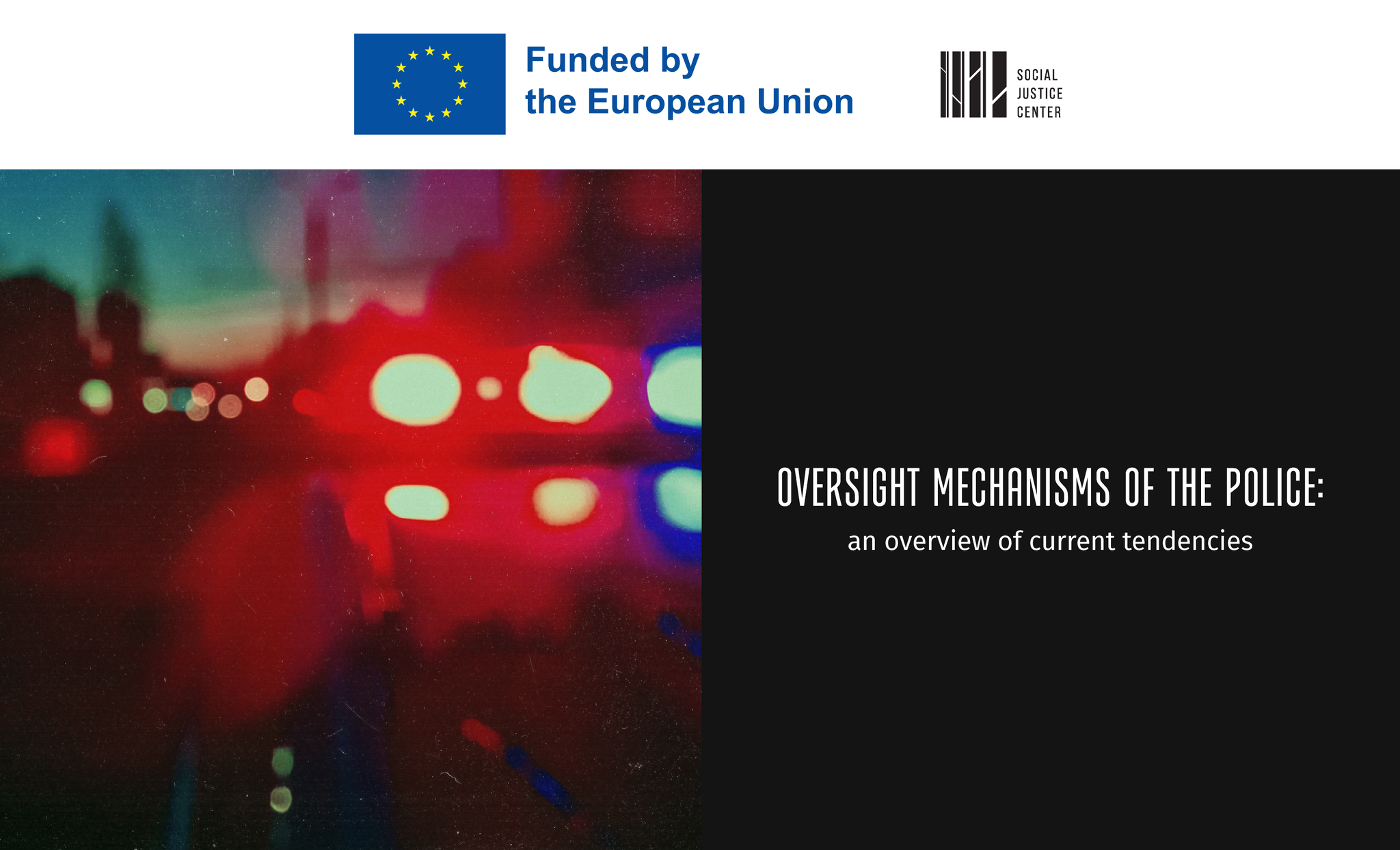საერთო ცხელი ხაზი +995 577 07 05 63


Providing effective and legitimate security to its population is the most basic function of a government, with the police being the central institution tasked with this function. Police agencies are the most visible institutions of the criminal justice system and are empowered to enforce what the law defines as right and wrong behaviour (Hough et al., 2010). To accomplish these objectives, the police are granted with the power to employ force during times of peace. Enforcing power and law inherently and inevitably involves discretion and decision making. Any democratic government has the duty to provide security that is effective, transparent, and accountable to its citizens. As such, first and foremost, police institutions need to be able to reduce insecurity while bolstering its own accountability (Millen & Stephens, 2011).
Due to current changes in society that include technological advances and rapid urbanization processes, policing practices have changed over recent years. Some of these changes include a growth in coercive police powers, the deployment of new policing technologies, the development of highly trained and heavily armed combat units and the blurring of the traditional distinction between civil policing and security (Walsh & Conway, 2011). However, these powers also give the police ample opportunity to violate human rights and abuse their authority and government resources. In a democratic society, the use of police powers, which may be frequently invasive, not only leads to tensions between the police and citizens, but also puts their rights and freedoms in peril if such powers are not controlled. This type of abuse can lead to police brutality, fatalities while in detention, torture and other cruel treatment, extrajudicial executions, forced disappearances, and the excessive use of force, notably during protests. Therefore, it is essential that the police force is accountable to government agencies and to the public. The European Code of Police Ethics (2001) establishes that “The police shall be accountable to the state, the citizens, and their representatives.” Accountability is important because it influences the decision-making process of police officers and influences policy design and implementation (Cronin & Reicher, 2009). Moreover, understanding police functioning is not only relevant because they oversee the protection of citizens but because the police comprise a central part of the government. As such, conclusions about how just and law-abiding the police is can be generalized to other government agencies (Beetham, 1991), which makes it central to the study of governance.
This publication has been produced with the assistance of the European Union, within the project “Supporting Accountable and Human Rights-oriented Security Sector through Research, Advocacy and Inclusive Dialogue”. Its contents are the sole responsibility of Social Justice Center and they do not necessarily reflect the views of the European Union.
The website accessibility instruction